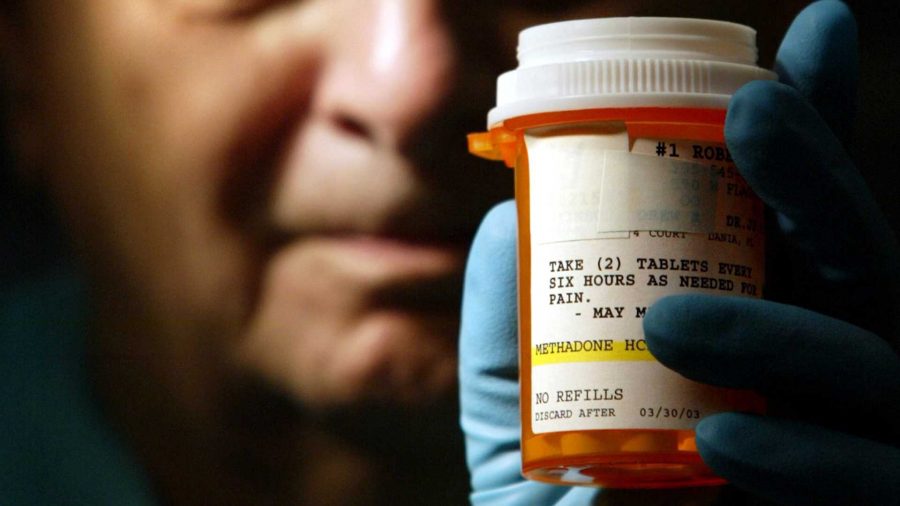In 2013 alone, it cost the United States approximately $78.5 billion to deal with the opioid crisis. If it weren’t on the news, many of us never would have heard about the crisis. States such as Pennsylvania and Ohio have been hit the hardest by opioid misuse, driving the president to declare it a national emergency.
Opioids (other than heroin) are typically prescribed by physicians. People have an extremely high tendency to become reliant on these drugs and get addicted. This is because prescription opioids are so readily available and easy to swipe. Pharmaceutical companies have flooded the market with opioids without any regulation.
The Centers for Disease Control and Prevention found that 20,101 people died in 2015 because of opioid overdoses, not including heroin. In Iowa, the Department of Public Health found that 46 people died of an opioid overdose in 2015. Iowa provides opioid-treatment centers with medication-assisted treatment and expanded the ability to use naloxone, which prevents death by overdose. At the state level, this is a step in the right direction.
If you compare this to a state such as Ohio, which has a far more extreme problem with opioids, approximately 1,850 died in 2015 from opioid overdoses. Ohio’s approach to the opioid crisis has largely focused on cracking d own rather than treatment and rehabilitation.
Some physicians prescribe opioids as if they were candy, but many don’t feel they have the training to safely prescribe opioids. Often, instead of having opioids as a last resort, it’s the go-to method. There are even doctors and pharmacists who can illegally distribute drugs for cash because distributors go unchecked. Physicians need to be provided with more tools to do risk-based assessment and be given standardized guidelines, before prescribing opioids to patients.
The FDA, DEA, and Health & Human Services are supposed to be at the forefront of the crisis, creating guidelines and laws for opioid distribution and use. While they may try to do their jobs, Congress is the roadblock that stops preventative policy from being implemented and enforced against pharmaceutical companies and distributors.
For too long, Congress has been paid off by Big Pharma, which places profits over people. In 2016, Congress overturned a law that allowed the DEA to go after drug distributors involved in illegal practices and shady deals. This law had a huge preventative measure that was meant to limit the flood of opioids to the public.
Big Pharma contributed $1.5 million to the very same lawmakers who helped overturn that law. This is just one example of many in which companies’ hands are far too deep in Congress’ pockets for anything beneficial to get done. From 2014-16, it spent $102 million on Congress to make sure its profits were protected.
If Congress passes this off to the states, we have an inconsistent method across the country that still leaves large loopholes. Drugs are patented and monitored at the federal level, so that’s where preventative law should occur. What should not happen are laws that criminalize addicts. Addicts are breaking the law, yes, but the resulting epidemic will not be solved through criminalization. It costs hundreds of thousands of dollars to jail them.
What they need is treatment and rehabilitation at the state level to break the cycle and put them back in a position that is far less likely to have them turn back to addiction. In the long run, the cost is way less. This is then bolstered by education and preventative federal law.












